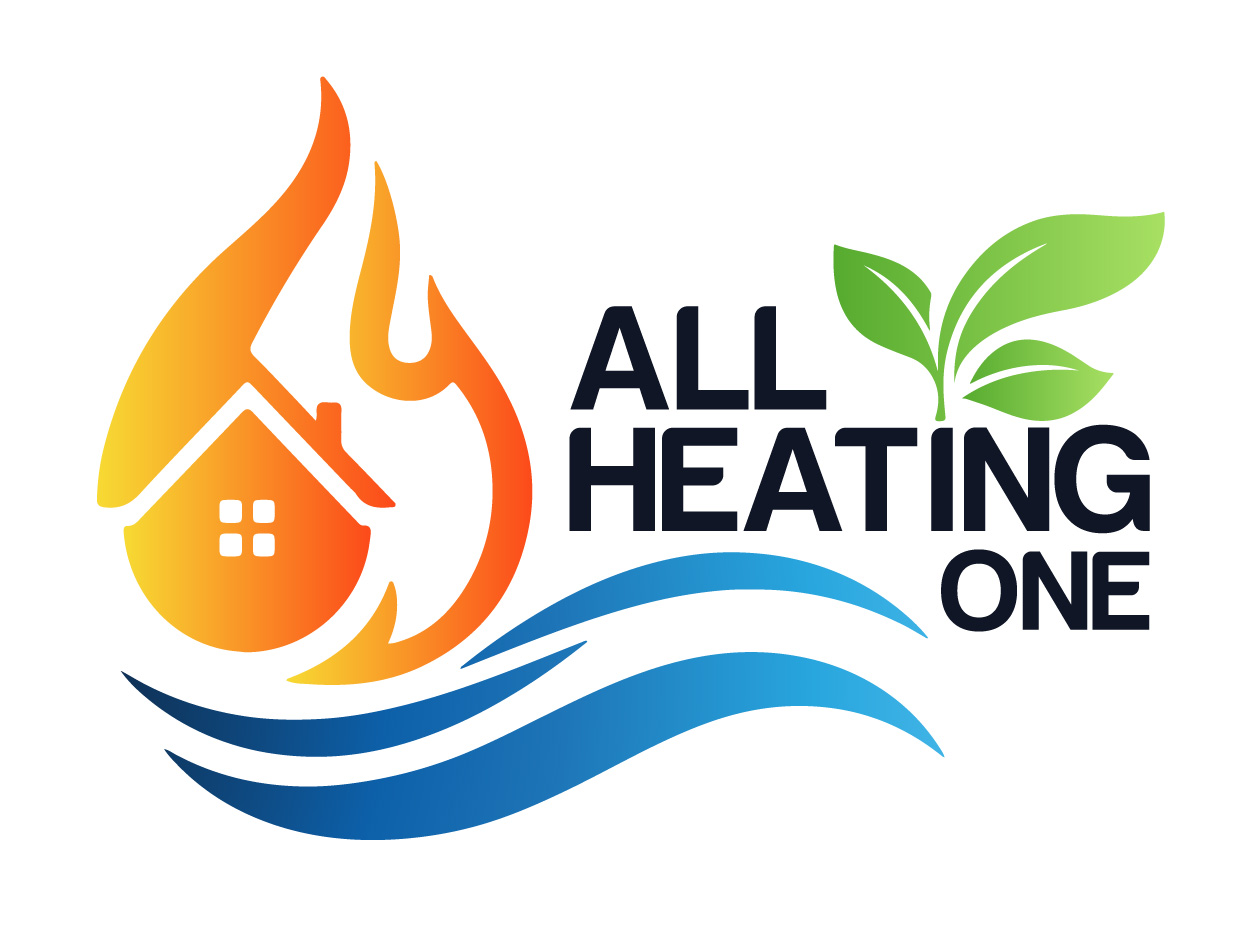WHAT IS AN AIR SOURCE HEAT PUMP?
Most home heating systems use either fuel or electricity to generate heat. Heat pumps, on the other hand, are different in that they do not create heat.
Instead, they transfer heat from the outdoors into your home. They become more efficient because of this. Because they produce more heat energy than they require in terms of electricity. As a result, a heat-pump system is often less expensive to operate than a standard heating system.
WORKING OF AIR SOURCE HEAT PUMP
- Outside air is blown via a system of tubes that contain a refrigerant. As the refrigerant warms up, it transforms from a liquid to a gas.
- This gas passes by a compressor, which raises the pressure. Like how the air hose heats up as you top up the air pressure in your tires, compression generates extra heat.
- The heated gases are compressed and sent via a heat exchanger, which is surrounded by cold air or water. The refrigerant warms the chilly air or water by transferring its heat. This is then routed throughout your house for heating and hot water. In the meantime, the refrigerant condenses back into a chilly liquid, restarting the cycle!
Advantages and disadvantages of air source heat pumps
Advantages of an air source heat pump
- Heat and hot water source with high efficiency
- When combined with a renewable tariff, it produces zero carbon.
- Can be compared to the operating expenses of an alternative home heating system.
- Renewable Heat Incentive grants cover the cost of installation.
- Low maintenance with a long-life expectancy.
- In the summer, certain systems can offer cooling.
Disadvantages of air source heat pumps
- Lower output temperature than traditional boilers – you may need to upgrade your insulation and buy larger radiators as well.
- In older homes, it may operate best as part of a hybrid system with a conventional boiler.
- There is a need for outside space, and it can be noisy
- Installation is costly, and it works best with a water tank.
- When it’s terribly chilly outside, you won’t be able to work as effectively.
Is there a difference between air source heat pumps and ground source heat pumps?
Yes! ‘Air-to-air’ and ‘air-to-water’ are the two primary forms of air source heat pumps. Most air source heat pump installations in the UK are of the ‘air-to-water’ type.
- Air source heat pumps that convert air to water are known as ‘air-to-water’ heat pumps.
Most air source heat pump installations in the UK are of the ‘air-to-water’ type. The heat is transported into a conventional ‘wet’ heating system in these systems. This setup also provides you with hot water and central heating.
- Heat pumps with an ‘air-to-air’ source
Only a small percentage of air source heat pumps in the UK are ‘air to air. And, as their name implies, they transmit heat to the air, which is then circulated throughout the house. However, they do not supply hot water.
How much does it cost to install an air source heat pump?
A new gas or oil-fired central heating system is more expensive than an air source heat pump. Depending on the brand of the pump and the amount of heat it produces, the price might range from £4,000 to £8,000.
You’ll also have to cover the cost of installation. It’s possible that the total will be between £5,000 and £10,000. You’ll also need to figure out these expenses if you’re installing new underfloor heating or an air distribution system. Better insulation is a possibility because air source heat pumps aren’t particularly successful at heating draughty or poorly insulated houses.
ALL HEATING ONE
We are experts in residential and small commercial projects, we are heat pump specialists. We work with building owners and industry experts to develop and install the most energy-efficient equipment that is designed to meet the needs of each structure. We are MCS Accredited and Trust Mark Approved air source heat pump contractors and installers, and our engineers have worked on both small and large projects.
Contact: 0800 0314395


